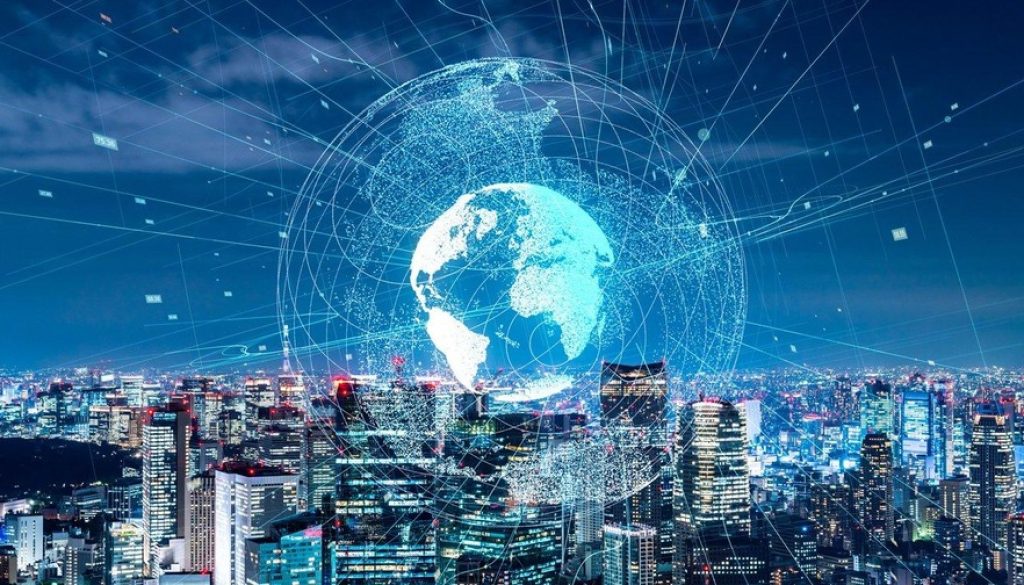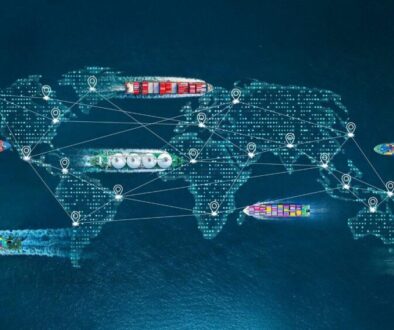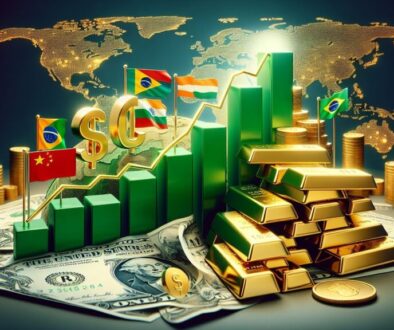The Global Economy: Crossing Through Emerging Challenges
- Geopolitical tensions and economic fragmentation threaten global market stability
- Geopolitical rivalries, reduced support for developing economies, and climate risks undermine global economic integration.
- Arab bankers must advocate for global cooperation and resilience in a changing economic landscape.
As global leaders remain focused on geopolitical tensions, social issues, and political dynamics, the critical aspect of global economic integration demands renewed attention. This element is vital for the stability of the global economy, which, in turn, significantly impacts banking sectors worldwide, including in the Arab world.
The current economic landscape presents a complex picture. On one hand, global markets, particularly those driven by technology and energy sectors, are experiencing high short-term profits. On the other hand, recent discussions at significant economic gatherings, such as the Spring Meetings of the World Bank and the International Monetary Fund (IMF), have highlighted growing concerns. These institutions have underscored the increasing risks associated with economic fragmentation.
Historically, the concept of an interdependent global economy within a system of nearly 200 sovereign states has been both ambitious and challenging. This balance was disrupted in the 1930s but was meticulously rebuilt after World War II on the foundations of agreed-upon rules, shared institutions, mutual understanding, and crisis management. For decades, economic policies were carefully separated from security concerns, a distinction that became crucial as diverse regimes integrated into the global economy in the 1990s.
However, today, these foundations are showing signs of strain. The momentum of economic integration appears to be slowing, with significant implications. Gita Gopinath, the IMF’s first deputy managing director, has pointed out that economic fragmentation could reduce the efficiency gains from trade, increase macro-financial volatility, diminish capital flows to the Global South, and undermine global public goods such as climate action.
Several factors contribute to this trend. Rising geopolitical tensions have decreased trust and reduced the willingness of key countries to cooperate. A potential crisis over Taiwan, amidst the Sino-American rivalry, could impact the global economic system. Additionally, nations are increasingly allowing security considerations to influence economic policies, aiming to secure inputs, infrastructure, and technologies. While these actions are understandable, they could lead to a rapid and complex process of deglobalization, posing systemic risks.
A deepening divide between the Global North and the Global South further intensifies economic fragmentation. Financial support for developing economies has decreased at a time when many are grappling with the effects of the COVID-19 pandemic and escalating climate challenges. This has interrupted the trend of economic convergence and increased discontent in the Global South. Net financial flows to these regions turned negative in 2023, worsening in 2024. This financial strain partly explains the reluctance or refusal of many Global South countries to align with the West on critical geopolitical issues.
Climate risks are also rising, with frequent extreme weather events posing challenges. Countries are facing these threats without a global safety net, and rather than collaborating on green technologies, nations are competing for dominance. The rapid growth of artificial intelligence (AI) is another area where national competition is overshadowing the need for global cooperation. Effective regulations and policies are essential to ensure AI benefits all, and the Global South needs to be included in these regulatory efforts.
Despite these challenges, the global economic system has resilient elements. The Global South, as demonstrated by recent G20 presidencies from Indonesia, India, and Brazil, remains committed to interdependence and global governance. The private sector continues to exhibit interdependence, and dedicated international organizations, global education networks, and civil society remain active.
Nevertheless, potential challenges should not be underestimated. The coming period may bring various economic and social shocks. If leaders respond with competitive policies, the process of economic integration could face significant setbacks, which could be challenging for policymakers to manage.
For Arab bankers, understanding these global dynamics is crucial. The Arab banking sector is interconnected with global financial systems, and economic fragmentation poses risks to financial stability and growth. It is essential for Arab bankers to advocate for global public goods, enhance communication with international counterparts, and support initiatives promoting global economic integration. As key stakeholders in the global economy, Arab bankers have an important role in ensuring the global economic system remains robust and resilient amidst emerging challenges.
In conclusion, maintaining the stability of the global economy requires a collaborative approach and diplomatic efforts. By recognizing the interconnected nature of our world and working towards collective solutions, we can safeguard the global economic framework for future stability and prosperity.



